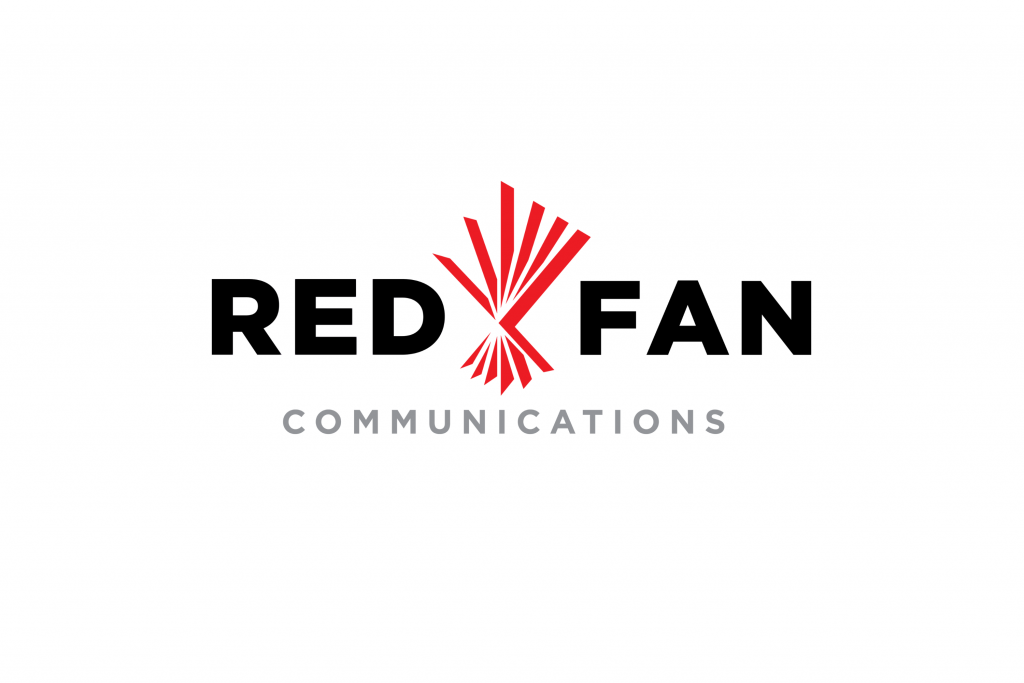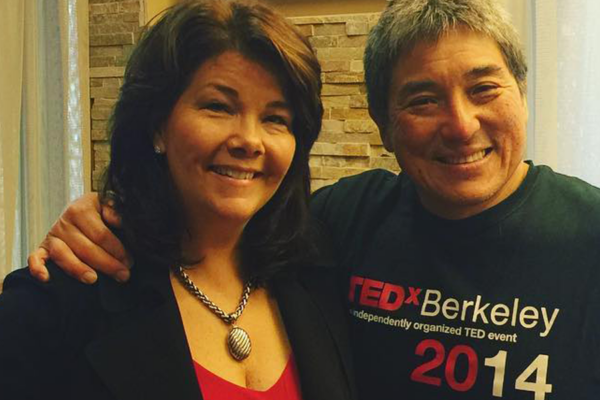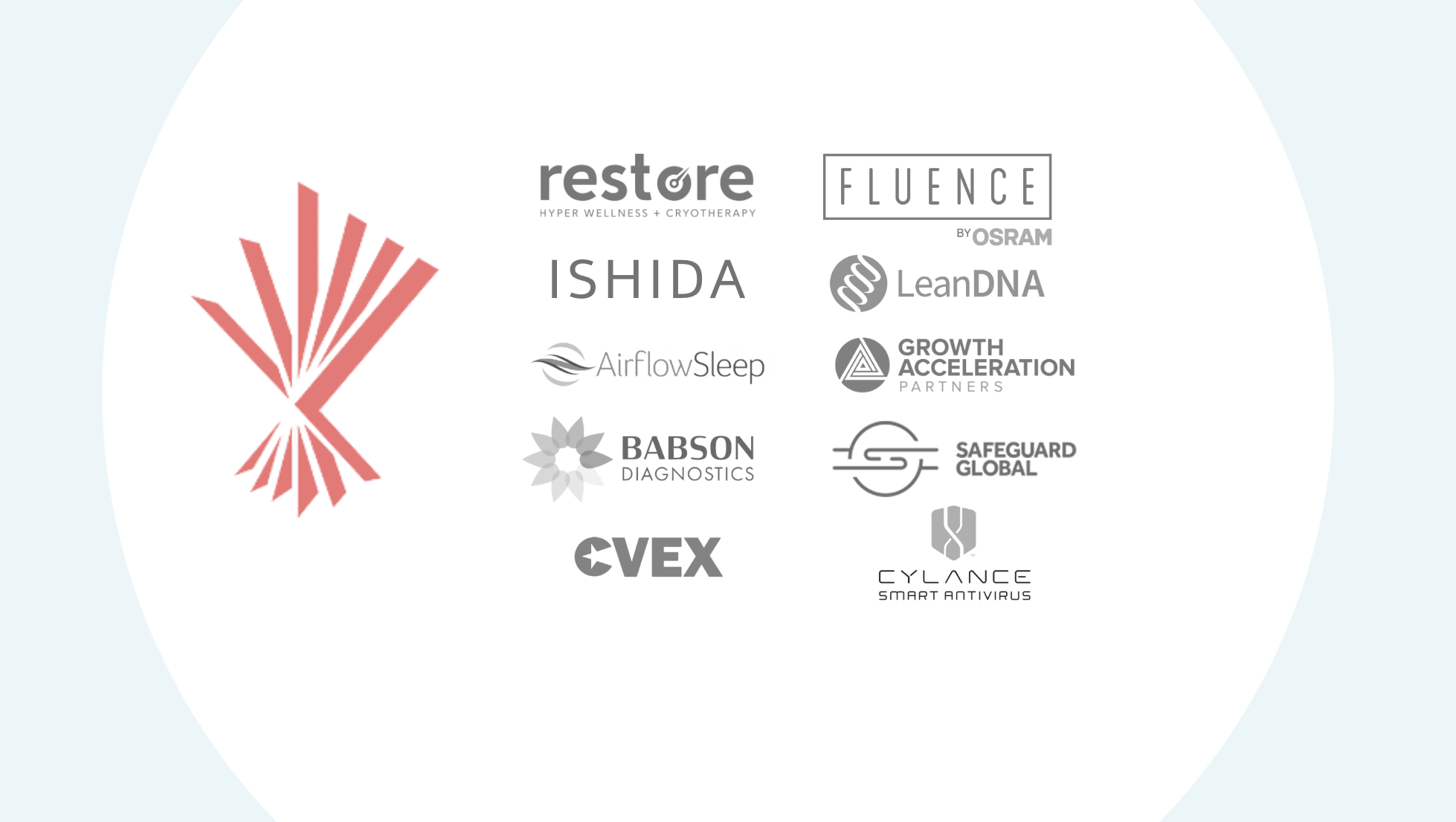At Red Fan, we believe that healthy debates and dialogue are powerful ways to communicate and discover a new piece of insight. Inspired by French salons—key institutions during the 18th century that provided places for public intellectual discourse where women played a central role—we’ve created a quarterly salon series. Red Fan’s Salon Series was created specifically to help CEOs and CMOs think more holistically about their business and communications strategies, and will host experts and business leaders across industries to explore critical political, social and economic issues that impact brands, their executives and the world of modern communications.
Our inaugural salon featured geopolitical expert Jacob Shapiro, founder and chief strategist of business consulting firm Perch Perspectives. Kathleen Lucente, founder and president of Red Fan, and Shapiro explored the political, economic and cultural forces that impact businesses, executives and the ability of both to communicate effectively. Here’s a quick rundown of the conversation:
GEOPOLITICS 4.0 AND THE FORCES IMPACTING YOUR BUSINESS:
Geopolitics can be a confusing idea because it’s often used as a blanket term to address all the forces that are shaping human behavior and interaction, from demographics, geography and culture to economics and politics. When all these things are working together, they affect everything, including your business.
Each geopolitical force influences your business differently depending on what type of company you are, what your focus is, who your suppliers and investors are, and any other factors that affect your exposure based on what you do and where you do it. The ability to really understand individual geopolitical forces—how they’re affecting your business, how they can be avoided, how they can be taken advantage to improve outcomes—is crucial to success during this age of immense change.

There have been three industrial revolutions: steam, electricity and digital. Each brought changes in behavior, innovations to the economy and greater political understanding. We’re now living through a fourth, surrounding 5G and the digital/data economy. We see glimpses of this today in the US-China trade relationship, the TikTok tit-for-tat and big data. With data being the oil of the 21st century, the companies that can control, protect or attack using their data are going to take over. The same can loosely be extrapolated to business (except for the attack part, hopefully): Those that can leverage data to their advantage will pull ahead of their competitors faster.
It’s also not a coincidence that there’s been political unrest—like anti-government protests in Nigeria, Bangladesh, Indonesia, Thailand, Turkey—in countries with spikes in food prices. Rising food prices are a leading indicator of broader political unrest. You can see the seeds of global competition: 5G, specialized production, human capital—all geopolitical elements—are becoming a source of international friction. With most companies being exposed to these spaces, whether they realize it or not, they will all be affected in some way.
WHAT CEOS NEED TO CONSIDER:
Quality over quantity:
Executives understand that information is now contested more than it ever was before. We’ve gone through the radical change of gathering information to now having too much, with various interpretations of “the truth” compared to, historically, just the one version. Executives are now swimming in information at all times, and like to convince themselves that gathering even more data, and feeling like they know everything, will make it all OK. However, one of the principles of geopolitics and intelligence is that it’s never the amount of information that matters, it’s about finding the right piece that helps you make a more informed decision.
Establish a macro-perspective:
COVID-19 is an excellent example of a global event that had all the early indicators that we collectively chose to ignore for years. Experts have known that climate change and global warming were going to lead to more diseases jumping from animals to humans. A pandemic was in the charts, and all signs pointed to Wuhan as a starting point. COVID-19 is a warm-up. We’re going to be moving forward whether we like it or not, and having a geopolitical awareness to keep your finger on the pulse is so important. If you’re able to implement a macro-framework to identify the pieces of data that are signaling a change that will affect you, you’re going to be in a much better position.
Dive deeper:
No one indicator is going to tell you the whole story. While there are key indicators to watch, like food prices, dependence on exports or single sources, wealth inequality, government trust, demographics, and employment numbers, there are no silver bullets. You need to combine your macro and micro perspectives to be able to dive in, pick them apart, and find the 20 to 30 sub-indicators that accurately tell you what the problem is and how it’ll affect your business. Executives will need to roll up their sleeves, embrace discomfort, have good situational awareness, and be constantly flexible and nimble. Geopolitical analysts will provide these skills and this stability, but these traits are key to general success.
CEO Checklist:
– Have a monitoring system in place: Know what you’re looking for, what sources of information do you trust and what their biases are, and make sure the information gets to the right people within your organization
– Work macro perspectives into your strategy: Think about the direction you think things are going in, put the macro against the micro and force yourself to deal with things that aren’t lining up
– Establish your red lines: There are red lines everywhere to prevent severe consequences. Identify your values and where you need red lines.
– Forecast.
ELECTION MANIA:
Regardless of election results, problems persist that transcend any individual election or politician. In a perfect world, each government would signal to businesses what’s moral and whether or not something violates principles or national interest. Right now, businesses are looking at governments who can’t get their own domestic politics together, let alone their foreign policy. Companies are left to fend for themselves, trying to interpret their own governments’ actions and figuring out what it means to be a business in a country where their government is so opaque. With politics in the United States reorganizing itself, we’re going to continue to see polarization and inefficiency. Is your business prepared to handle the uncertainty?
To watch the full discussion, click here.






